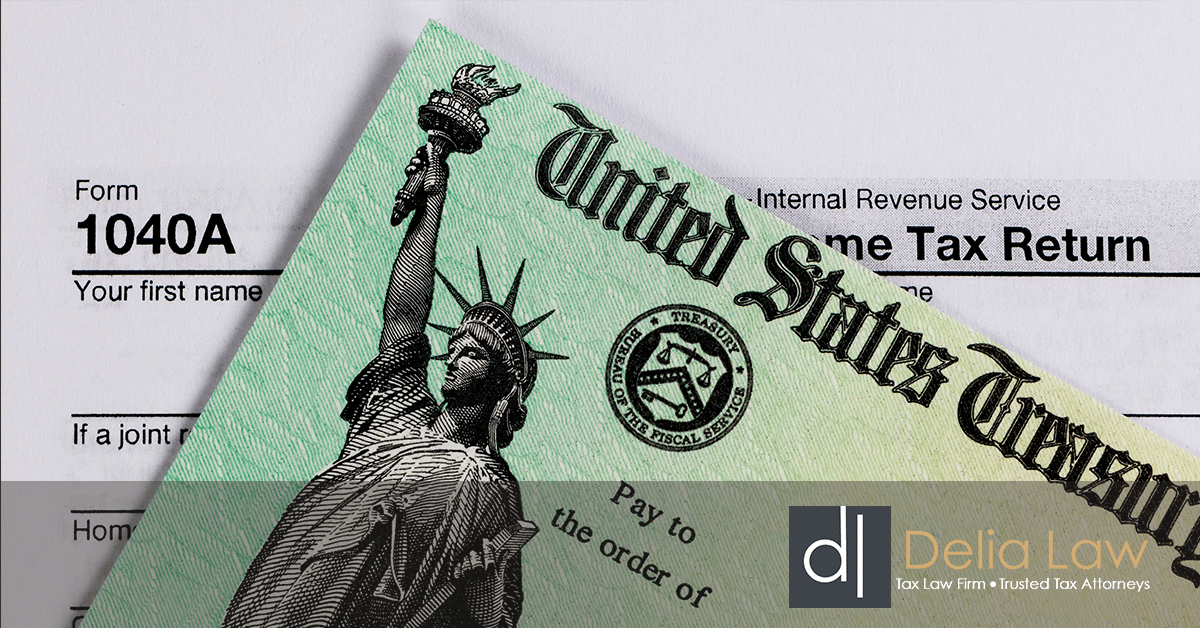Asset & Property Seizure in Bethesda
& Finding an Asset and Property Seizure Lawyer
Asset forfeiture is a process whereby the government can seize assets that it alleges are associated with criminal activity. The most common type of asset forfeiture is civil asset forfeiture, which allows the government to seize assets without convicting the owner of a crime. In many cases, the asset owner does not even need to be charged with a crime for their assets to be seized. Asset forfeiture laws in Bethesda have been criticized for giving the government too much power and for violating the rights of innocent people. However, supporters of asset forfeiture argue that it is an effective tool for combating crime.
To initiate an asset forfeiture proceeding, the government must first allege that an asset is involved in criminal activity. The burden of proof in these cases is relatively low. The government needs only to show there is a “preponderance of evidence” that the asset is connected to the crime. Once the government has made this showing, the asset owner has to prove their property is not connected to any criminal activity. If they cannot do so, the asset will be forfeited to the government.
Asset forfeiture proceedings are typically handled by civil courts rather than criminal courts. This means defendants do not have many of the same rights they would in a criminal trial, such as the right to a jury trial or the right to confront their accusers. As a result, many people who have had their assets seized by the government feel they have not been given a fair chance to defend themselves.
The most commonly seized assets include:
- Cash. This is by far the most common type of asset seized by the government, typically in bank accounts or bundles of cash found during searches.
- Vehicles. Cars, trucks, boats, and other vehicles can be seized if they are believed to have been used in a crime.
- Real estate. Homes, buildings, and land can be seized if they are believed to be involved in criminal activity. This includes property that is used as a drug house or for money laundering.
- Firearms. Guns such as pistols, rifles, and shotguns can be seized if they are believed to be involved in criminal activity that will be prosecuted federally.
Any number of these assets can be seized by the government, even if they are not directly involved in the commission of a crime. For example, if the government seizes a vehicle used to transport drugs, it may also seize the cash in the vehicle at the time, even if it is not alleged that the cash was used to purchase the drugs.
Asset forfeiture in Bethesda can have serious consequences for both individuals and businesses. For individuals, it can result in the loss of property, money, and even custody of children. For businesses, it can lead to the closure of operations and the loss of jobs. In some cases, asset forfeiture can also lead to criminal charges being filed against the property owner. Therefore, it is important to consult with an attorney before taking any action if you believe your assets may be subject to forfeiture.
If the government seizes your assets, trying to get them back can be a complicated and frustrating process. However, there are a few things you can do to improve your chances of success:
- Hire a Bethesda attorney who specializes in asset forfeiture. Discuss your case with them to analyze exactly what happened and what the government’s evidence against you is. This can uncover any weaknesses in the government’s case and help you determine your best course of action.
- Gather evidence to support your claim that your assets are not connected to any criminal activity. This can include receipts, bank statements, and anything else showing that you acquired your assets through legitimate means. Connecting the dots between your assets and criminal activity will make it much more difficult for the government to prove its case against you.
- Be prepared to fight for your assets. The process of asset forfeiture is often lengthy and complicated, and it can be easy to get discouraged. However, expecting a long and difficult battle can help you stay focused and motivated to fight for your property.
Delia Law Can Help You Fight Asset Forfeiture
If you have had your assets seized by the government, it is important to consult with an experienced asset forfeiture attorney as soon as possible. The risks and consequences of asset forfeiture are too significant to try to handle the case on your own.
At Delia Law, we have extensive experience handling asset forfeiture cases, and we can help you fight to get your property back. We have the innate ability to see the weaknesses in the government’s case and relentlessly fight for our clients. With years of experience in both state and federal courts, we know every law and every loophole that can be used to your advantage.
Don’t let the government take your hard-earned assets without a fight. Contact Delia Law today.
Maryland-Specific Tax Laws

Maryland has a progressive tax system, which means the higher an individual’s income is, the higher the percentage they will pay in taxes. Maryland has special tax benefits for military retirees, lower income families, those paying for childcare, as well as for those aged 65 and older.
There are four types of taxes in Maryland:
- State income tax. The state tax rate for personal income tax begins at 2%. This is applied to anyone making under $1,000 per year in annual income. It increases up to 5.75% for anyone making over $250,000 annually. This is one of the lower state income tax rates in the United States.
- Local income tax. There is also a local income tax, which is levied by counties and cities. For convenience, these are withheld during income tax season by the state, and they vary based on the locality. For example, if you live in Allegany County, you paid a .0305 tax rate in 2021. This differs from residents of Baltimore County, who had a .0320 rate. It is important to note that this income is based on the county you live in, not where you work.
- Sales tax. With each purchase in Maryland of a good or service, a 6% sales tax is automatically applied. This does not include every purchase. Groceries, prescription drugs, and gasoline are a few examples of items not subject to sales tax. However, a business is required to collect a 9% tax on any alcoholic beverages sold.
- Property tax. You must pay property taxes in Maryland as well, and the tax rates vary by county. The average effective tax rate is 1.06%. While this might seem low, it is balanced by the high property values in the state. The median home value in Maryland is currently over $400,000 and varies based on proximity to the city of Maryland and other populated areas.




